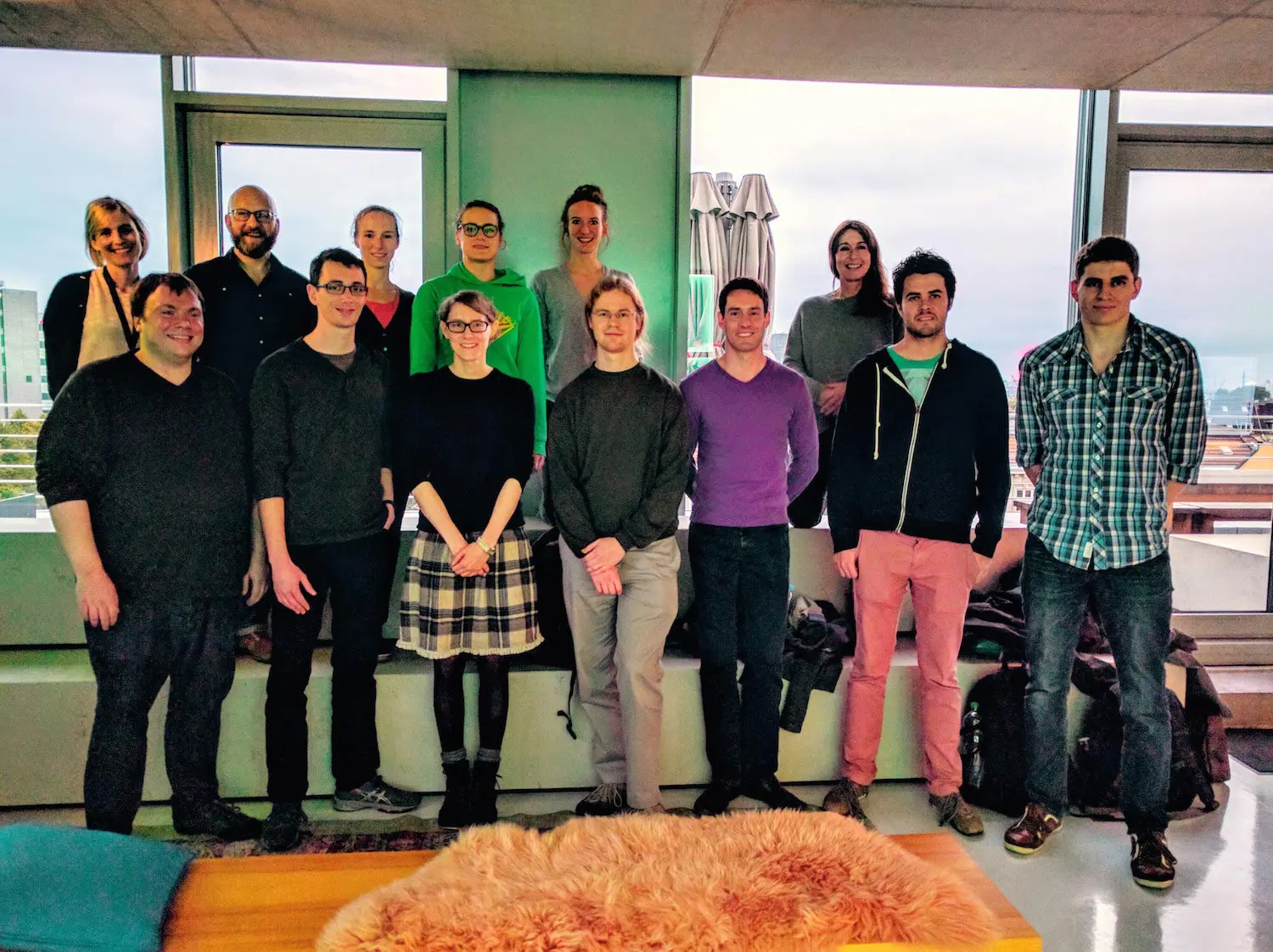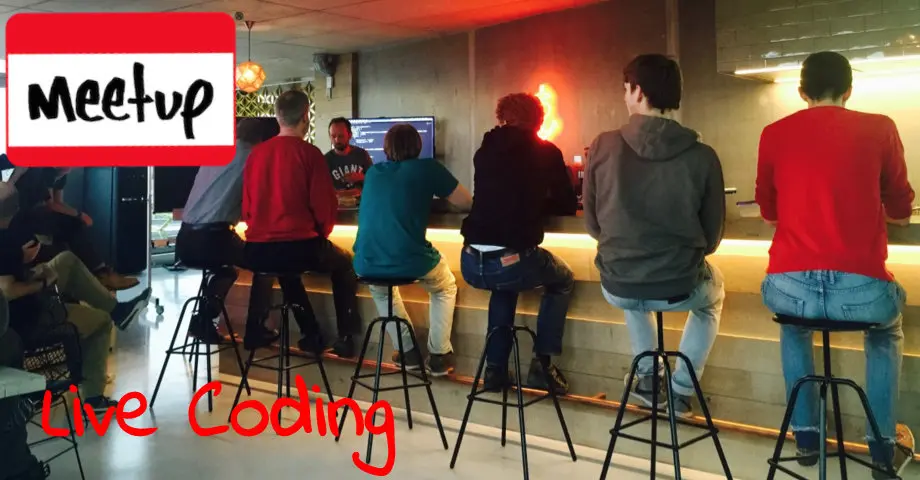March 3, 2017
Why being scared of Machine Learning will leave you in the 90s
Christoph Magnussen → and Stefan Richter met for a quick talk about the fear of many companies to utilize their data and the state of security when using cloud. Hope it’s useful to you guys!
Read full article to watch the video:







